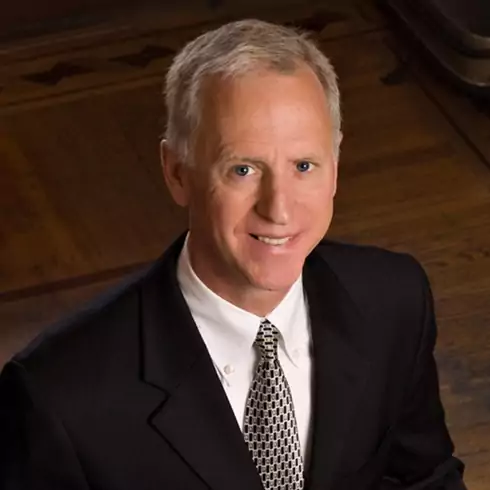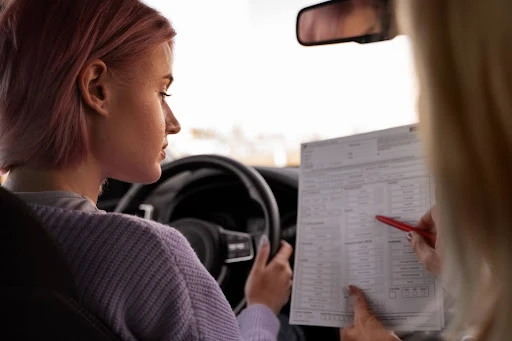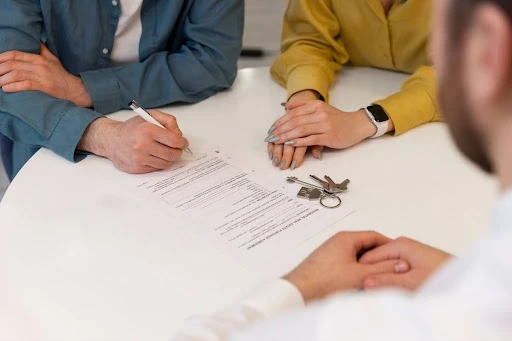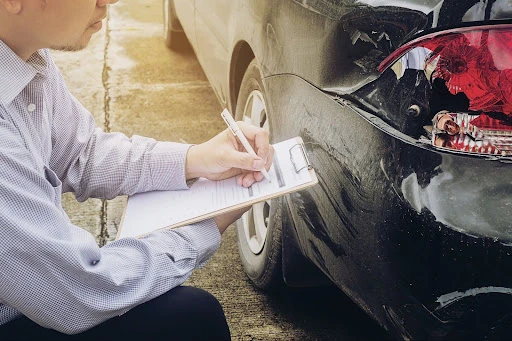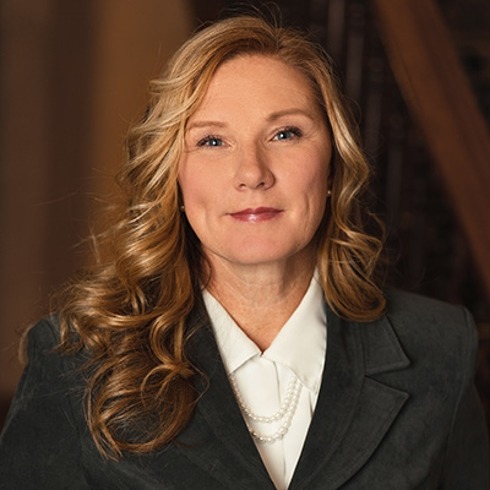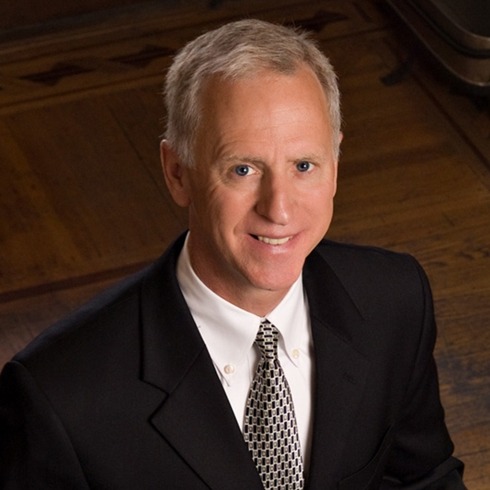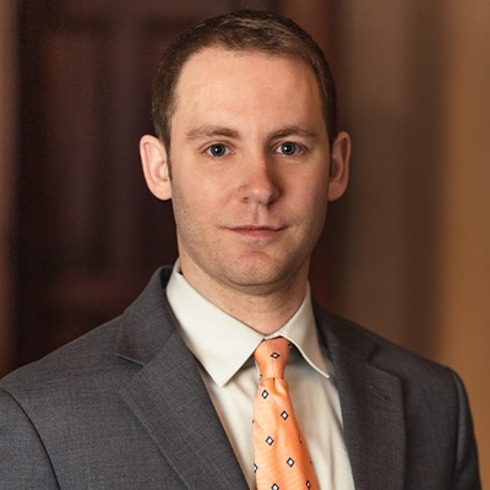Indianapolis Uber & Lyft Accident Lawyer
Helping people is our priority



Since 1993

Rideshare Accident Lawyer in Indianapolis
For all the convenience that using an Uber or Lyft rideshare service can bring, there can be just as much inconvenience if your rideshare driver gets into a crash. Filing an injury claim as an injured rideshare passenger or another driver who was hit by a rideshare driver can get quickly complicated. As soon as the rideshare company and its insurance provider get involved, you can expect an uphill battle.
Christie Farrell Lee & Bell in Indianapolis can help you manage your Uber accident, Lyft accident, or rideshare accident case. Our personal injury lawyers are highly experienced with difficult car accident claims, especially those that involve a major corporation or powerful insurance company. You can leave your case with us and be confident that it is in capable hands.
Speak with a personal injury lawyer today. Call: 317-488-5500
Uber Insurance Policy
When you have been injured in an Uber accident, you might get the chance to file a claim against the rideshare company’s insurance policy by using a personal injury law firm experienced with these cases. If so, then your chances of receiving a fair amount of compensation before the policy caps could go up, too. But each Uber car accident is unique, so the claims following them are, too. Let us examine the details of your accident to see if we can file against Uber’s or Lyft’s insurance.
Uber’s insurance policy contains three tiers:
- No coverage: If an Uber driver is not using the app at the time of a crash, then Uber accepts no responsibility for their actions. At this point, you would have to file against that driver’s privately held insurance policy.
- Some coverage: If an Uber driver is using the app but has not accepted a fare when they get into a crash, then Uber can provide third-party liability coverage up to 50/100/25. This policy will only apply after the driver’s policy has been capped.
- Most coverage: Once an Uber driver has accepted a fare and/or picked up a passenger, Uber offers the most insurance coverage. It has a $1,000,000 third-party liability policy, an uninsured/underinsured motorist (UM/UIM) insurance policy, and a contingent comprehensive and collision policy.
Notably, Lyft has a strikingly similar insurance policy to the one that Uber holds with a $1 million insurance policy. The biggest difference that most claimants will encounter is in the deductible requirement for vehicular damage.
Complete a Free Case Evaluation form now
What about Lyft?
Lyft car accident claims are similar to Uber’s. The personal injury claim process follows the same steps for accident victims. If you were a Lyft passenger or Lyft driver who suffered an injury from a negligent driver, let’s discuss your case at no charge. We don’t charge a fee unless we win your case.
Click to contact us today
Can I Sue Uber or Lyft Directly for a Car Accident in Indianapolis?
When you’re involved in a rideshare accident in Indianapolis, one of the first questions is whether you can sue Uber or Lyft directly. Rideshare companies classify their drivers as independent contractors, which can make this a complex issue. Generally, Uber and Lyft aim to distance themselves from liability by stating that their drivers are not employees. However, in certain situations, it’s possible to hold the company accountable, especially if the company’s negligence played a role in the accident or if the driver was “on the clock” at the time.
Rideshare Companies’ Liability Insurance Policies
Both Uber and Lyft provide insurance coverage for their drivers, but the coverage amount and applicability depend on the driver’s status at the time of the accident. When a driver is actively transporting a passenger or en route to pick one up, Uber or Lyft’s insurance usually offers up to $1 million in liability coverage. If the driver is logged into the app but not carrying a passenger, reduced coverage applies, and if the driver is not logged into the app, Uber or Lyft’s insurance typically does not apply.
When Uber or Lyft May Be Liable
Suing Uber or Lyft directly can become viable if evidence shows that the company was negligent in its operations. Examples include failing to conduct adequate background checks on drivers, maintaining lax safety standards, or not removing drivers from their platform after previous complaints or incidents. Cases have emerged where rideshare companies are found liable if they did not properly vet or monitor drivers, especially if the driver’s history showed red flags that should have disqualified them.
Proving the Rideshare Company’s Role
To directly sue Uber or Lyft, your attorney will likely need to demonstrate that the rideshare company played a contributory role in the accident. For instance, if the company disregarded background information or overlooked complaints regarding unsafe driving, this could support a case for holding them directly responsible. An experienced rideshare accident lawyer at our law firm will know how to navigate the complexities of Uber and Lyft’s policies and insurance to determine if you have grounds to sue the company directly.
Will Your Uber or Lyft Claim Settle?
Uber and Lyft are public companies that rely on their reputations to keep making a profit. As such, they do not want to get taken to court after an accident involving one of their drivers. To avoid litigation, they might be more inclined to try to settle your claim after you file it, so the case remains confidential and behind closed doors. However, there is no guarantee that any case will settle.
What types of items can you claim? It’s important that you received fair compensation from the car accident, which can include medical bills, property damage, emotional distress, pain and suffering, and more.
What Are the Common Causes of Rideshare Accidents?
Accidents can happen for many of the same reasons as other vehicle accidents. However, unique aspects of rideshare driving, such as frequent stops, unfamiliar areas, and distractions from the app itself, add additional layers of risk. Overall, these are the most common causes we handle at Christie Farrell Lee & Bell:
- Driver distractions: Rideshare drivers are constantly navigating the Uber or Lyft app, responding to requests, and managing GPS directions, which means their attention is often divided. Multitasking on the road is hazardous, as even a brief glance away from traffic can result in a collision.
- Unfamiliarity with routes: Many rideshare drivers cover extensive areas, often traveling through neighborhoods and routes they’re not familiar with. Unfamiliarity can lead to delayed reactions, sudden stops, or last-minute turns, all of which increase the risk of accidents. When drivers are navigating in real-time without knowing the area, both the driver and passengers may be at a higher risk of accidents.
- Fatigue: Rideshare drivers often work long shifts, sometimes across multiple apps, leading to fatigue. Unlike traditional commercial drivers, rideshare drivers are not bound by federal hours-of-service rules, meaning they can theoretically work for hours on end without rest. Fatigue impairs reaction times, attention, and decision-making, making drowsy drivers a major risk on the road.
- Speeding or aggressive driving: To maximize earnings, some drivers may speed or drive aggressively to complete more trips in a shorter timeframe. Rideshare apps do monitor speed to an extent, but the pressure to make multiple trips quickly can contribute to reckless driving, especially in urban areas with high traffic like Indianapolis.
- Negligent vehicle maintenance: While Uber and Lyft have vehicle inspection requirements, the drivers are responsible for ongoing maintenance. In some cases, drivers may neglect upkeep on brakes, tires, or lights due to the cost or inconvenience. If a driver’s car malfunctions due to lack of maintenance, this negligence can be a basis for liability in the event of an accident.
In many cases, the driver’s negligence, combined with the pressures of rideshare driving, contributes directly to accidents. We can help you determine the validity of your case in a free initial consultation with an expert car accident lawyer in Indianapolis.
What To Do After Getting Into An Uber or Lyft Accident
1. Get immediate medical care for anyone involved in the accident
2. Write down any details of the incident or take photos with your phone
3. Contact the police
3. Call Uber/Lyft accident attorney to discuss the incident
4. We will file a rideshare accident claim if there’s a case
See our featured Case Results from previous clients
What Makes an Uber/Lyft Accident Different from a Regular Car Accident?
Rideshare accidents come with unique complexities compared to regular car accidents, particularly in terms of insurance, liability, and legal claims. Unlike traditional car accidents where liability typically rests between two parties, rideshare accidents involve additional layers of responsibility due to the involvement of large corporations like Uber and Lyft, as well as their specific insurance processes. Here’s what makes these cases distinct.
Multiple Insurance Policies
In regular car accidents, determining which insurance policy applies is typically straightforward. However, with rideshare accidents, there are multiple policies to consider. Rideshare companies like Uber and Lyft have layered insurance policies, which provide different levels of coverage depending on the driver’s status at the time of the accident.
Different Liability Standards
Because Uber and Lyft classify drivers as independent contractors rather than employees, holding the company directly liable is more challenging than in traditional car accident cases. This setup creates an additional hurdle in pursuing claims directly against Uber or Lyft, requiring proof that the company’s negligence contributed to the accident. For instance, if an unsafe driver was allowed to stay on the platform due to lax screening, it could open the door for claims against the company. In regular car accidents, liability typically centers on the actions of the individual drivers involved, without the added corporate entity.
Added Legal and Procedural Complexity
In a typical car accident, the claim usually involves straightforward negotiations between the insurance providers of the parties involved. However, in rideshare cases, the legal process is more complex due to the involvement of large corporations and their legal teams, along with differing insurance policies. Uber and Lyft’s legal representatives may work to limit their company’s liability or minimize claim payouts, complicating negotiations. Furthermore, pursuing a claim against Uber or Lyft often requires a detailed understanding of how the company’s insurance structure impacts coverage, making the claims process lengthier and more intricate.
Higher Standard of Proof Required for Corporate Liability
When trying to hold a rideshare company directly responsible, the standard of proof is often higher than in a typical car accident case. Plaintiffs must provide strong evidence showing the company’s negligence in areas like driver vetting, safety protocols, or enforcement of policies. This higher threshold of proof is unique to rideshare accidents and is rarely encountered in traditional car accidents, where negligence is usually limited to the driver’s actions alone.
Greater Likelihood of Complex Claims
Because rideshare vehicles are often carrying passengers, a single rideshare accident may involve multiple claims, from both passengers and other drivers. Each claimant may have their own injuries and unique needs, which can lead to a more complicated claims process. The presence of multiple injured parties can delay the settlement process, requiring an attorney to navigate and coordinate each claim to ensure fair compensation for all involved.
Given these factors, accidents involving Uber or Lyft demand a specialized approach that differs significantly from regular car accidents. If you have questions about your ridesharing accident in Indiana, we invite you to schedule a free consultation with a local lawyer.
Get Legal Counsel for Drivers & Passengers Alike
Our Indianapolis rideshare accident lawyers can provide award-winning legal counsel to rideshare passengers, rideshare drivers, and other motorists who were hit by rideshare drivers. The bottom line is that if you were in an accident that involved an Uber or Lyft in or out of the city, you can depend on our team to be there to support and guide you. Serious injury isn’t one thing we do – it’s all we do.
Visit Our Indianapolis Uber Accident Injury Office
951 N Delaware St
Indianapolis, IN 46202
Phone: 317-488-5500

Get a FREE Case Review
Schedule Your Free Consultation

